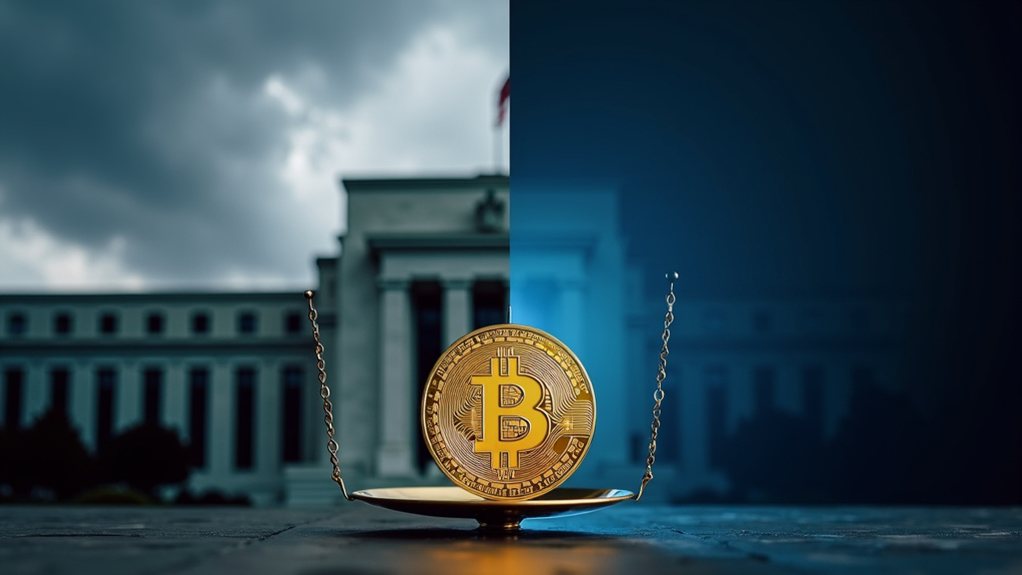In a bold legislative maneuver that has sent ripples through Washington’s financial corridors, Senator Mike Lee, alongside Representative Thomas Massie, has introduced the Federal Reserve Abolition Act, legislation designed to dismantle America’s central banking system. The proposed bill seeks to dissolve the Board of Governors and Federal Reserve banks while repealing the 1913 Federal Reserve Act that established the institution over a century ago.
Proponents of the legislation argue that the Federal Reserve has failed in its mandate to maintain economic stability, pointing to rising inflation rates, particularly in consumer goods and groceries. Critics, including conservative economists following Milton Friedman’s tradition, maintain that the central bank’s expansive powers have enabled unchecked government spending and contributed to economic instability through questionable monetary policies.
The Fed’s failed stability mandate has unleashed inflation while enabling government’s spending addiction through misguided monetary policies.
The bill specifically outlines a process for transferring the Fed’s assets and liabilities to the Department of the Treasury, effectively terminating the current system of debt monetization. During the COVID-19 pandemic, the Fed created trillions in stimulus funds, which abolition supporters cite as a primary driver of current inflation pressures affecting American households. The latest Consumer Price Index report shows a 0.5% price increase from December to January, representing the fastest pace of inflation since August 2023.
Public sentiment regarding the Federal Reserve remains divided, with approximately 45% viewing the institution favorably while 32% express unfavorable opinions. This split reflects broader political divisions, as Democrats generally support maintaining the Fed’s role in economic stabilization, while Republicans increasingly question its effectiveness and constitutional legitimacy. Congressman Byron Donalds’ recent bill to protect Trump’s strategic Bitcoin reserve demonstrates the growing Republican interest in alternative financial systems.
Polling data indicates that inflation remains a significant concern for voters across the political spectrum, with many attributing their economic hardship directly to Federal Reserve policies. The growth in M2 money supply has heightened concerns about long-term purchasing power erosion, which cryptocurrency advocates frequently cite when promoting Bitcoin as an inflation hedge. The legislation’s future remains uncertain, dependent on complex political dynamics and potential shifts in congressional power.
The Federal Reserve Abolition Act represents the most significant legislative challenge to America’s central banking system in decades, reviving historical debates about monetary policy that date back to the Fed’s establishment in 1913. Its introduction signals growing discontent with traditional financial institutions as alternative systems gain traction among policymakers.








